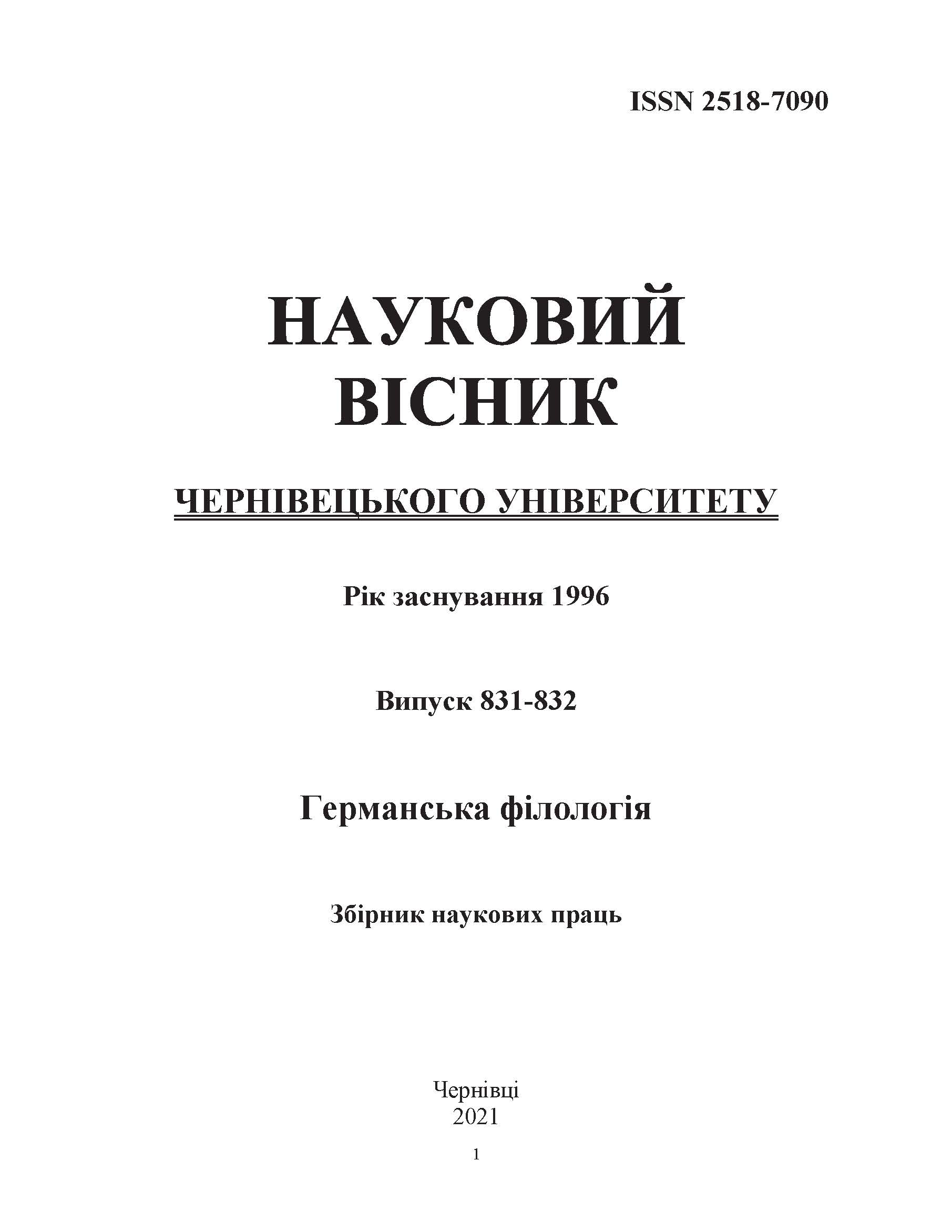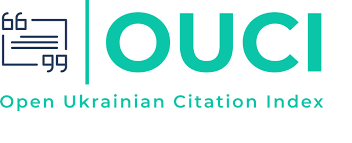КОМІЧНОГО ЕФЕКТУ ОРИГІНАЛУ У ПЕРЕКЛАДІ на матеріалі книги Д. Нура «Das Geheimnis des perfekten Tages»
DOI:
https://doi.org/10.31861/gph2021.831-832.13-18Ключові слова:
гумор, види гумору, сучасний німецький дискурс, відтворення комічного ефекту в перекладі, перекладацькі трансформаціїАнотація
Метою даної статті є визначення способів адекватного відтворення гумору в перекладі. У статті розглядається гумор у творі Дітера Нура «Das Geheimnis des perfekten Tages» («Таємниця успішного дня») та способи його вираження. Описуються способи відтворення комічного ефекту в перекладі з німецької мови українською. Актуальність даного дослідження полягає у вивченні механізмів створення комічного ефекту в сучасному німецькому дискурсі. Гумор утворюється внаслідок концептуальної варіативності лексичних значень, неоднозначності деяких синтаксичних конструкцій, полісемії, ідіоматичності. Ці особливості мови дають змогу сприймати висловлення, неправильні з точки зору формальної логіки, як лінгвістично правильні, що і сприяє ірраціональному та парадоксальному мисленню генерувати гумор. У гумористичних текстах яскраво виражена етнокультурна та етнопсихологічна специфіка: у них відображені піддані переоцінці пріоритети та орієнтації, культурні установки та стереотипи, типові для ментальності даної країни. Тому здатність
розуміти гумор ґрунтується не лише на особистих якостях читача, але й на знанні певних ціннісних орієнтирів, прийнятих у цій культурі.
Для досягнення адекватної реакції у свого отримувача доцільно визначити, яким способом автором була створена та чи інша комічна ситуація в оригіналі. Улюбленими стилістичним прийомами Дітера Нура, що створюють комічний ефект, є: парадокс, абсурд, гіпербола, зевгма, порівняння, персоніфікація, порушення причинно-наслідкового зв’язку, трюїзм, наслідування стилю інструкції, створення анахронізму. Використані Дітером Нуром стилістичні прийоми, які створюють комічний ефект, не становлять складнощів для перекладу. Складнішим є відтворення етнокультурних реалій. Відтворити в перекладі гумор у цьому випадку можна лише шляхом створення еквівалентного образу, зрозумілого носіям іншої мовної культури.






